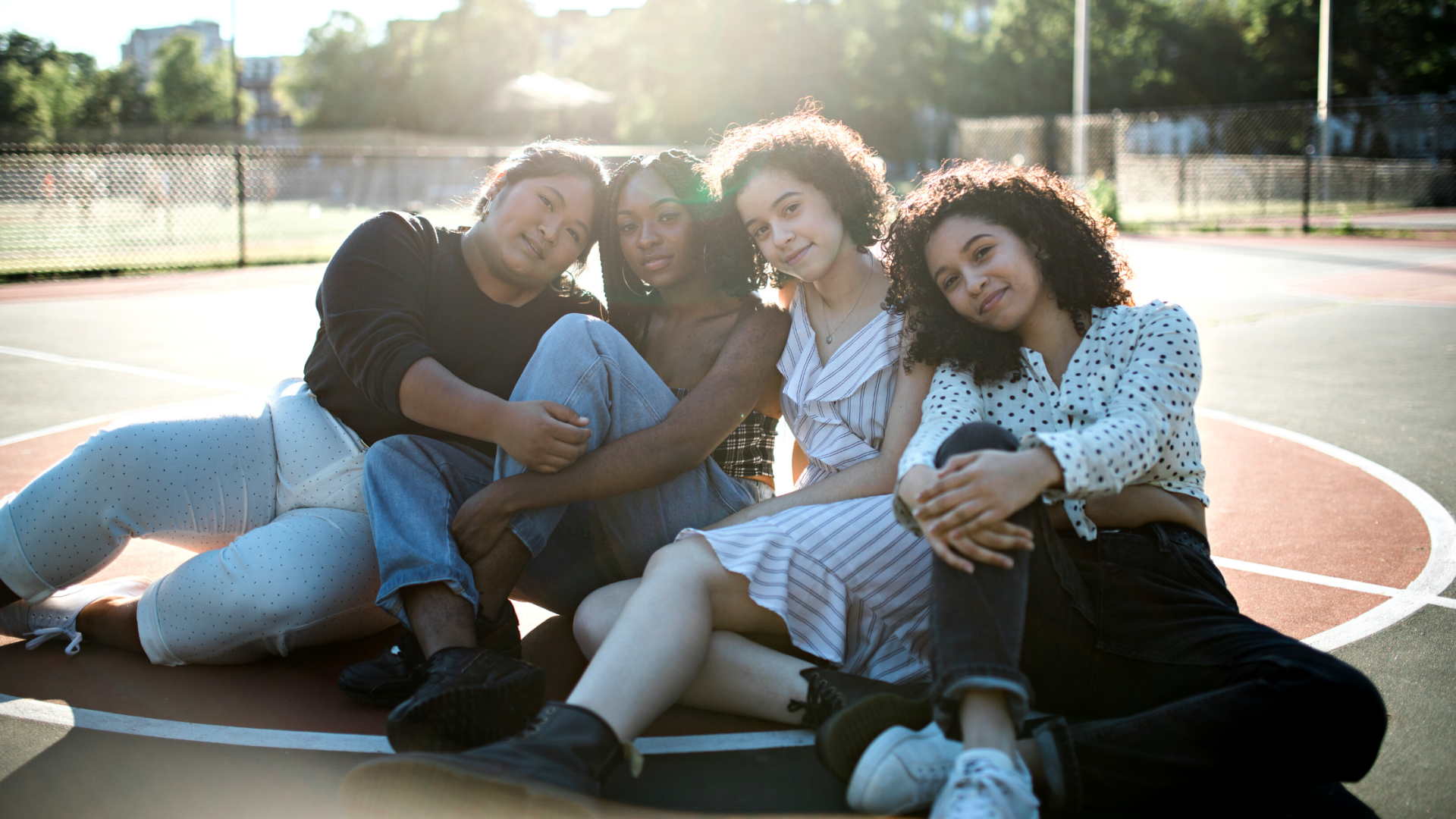Ta in Rape Crisis Center?
Stella Ndauwa, translated by Janerose Ralpho
Organizations mae rej naetan ir Rape Crisis Center rej bed belakin lalin. Botab ta eo ej kajenolak services kein jen droon, im etke jej aikwiji? Article in ej kwalok background im aurokin Rape Crisis Centers im etke ejam oktak etan center in.
NWA Center for Sexual Assault, komim ej juon Rape Crisis Center. Bōtaab ta meḷeḷein? Rape crisis centers (RCCs) ej juon organization eo ej jiban victim in rape (kakkure), sexual abuse (jorran ko rejekar), im sexual violence ilo jukjukun pād in. RCCs ej kake kon elon services ko eniwot crisis hotlines, counseling, ri jojomar, forensic exam, im outreach ilo jukjuk bed in. Rej eniwot juon social movement organization eo ej jerbal nan janij societal attitudes im institutions ikijen sexual assault (kakkure) im survivors. Ilo United States, National Sexual Assault Hotline (1-800-656-HOPE, eo ej operated ippen RAINN) ej jerbal ibben elaplok jen 1,100 rape crisis centers.
Jet institution rej kake services nan victim of sexual assault (kakkure), botab role eo an RCCs ej jenolọk. Ejjelok an RCCs interest ejelokin nan aer kake support kb jiban nan survivor. Menin ej oktak jen physician, goal eo aer ej kōjparok jorrāān ak metak ko. Police officer rej jerbal nan collect aesop facts. Ak prosecutors, eo goal eo an ej koman juon case. Ilo an RCCs jerbal ibben institutions nan support survivors, juon iaan goal ko ej nan janij elemen an organization eọroñ nan sexual assault (kakkure)-- eokkutkut ilo jikuul m training. Errein mainstream institutions eniwot ọjpito, law enforcement, prosecutors, university rape, awareness program, domestic violence shelters, mental health program, im feminist groups.
Jet iaan federal funding sources rej jerbal nan support rape crisis centers ej Violence Against Women Act of 1994 (VAWA) im the Victims of Crime Act of 1984 (VOCA). VAWA ej lelak $1.6 billion nan aelop state jen 1994 nan 2020, ippen one third ej tel nan survivors of sexual assault (kakkure). Fund kein rej adminstered jen Office on Violence Against Women in the United States Department of Justice, VOCA ekar jinoe juon fund eo ej tok jen fee ko offender ro rej kollaki. Donations ko jen private companies kab kajojo armij elap an aurok nan jiban rape crisis centers.
Ne koj lale website en im jet ian outreach materials, konij loe k umwin etamim k enij lon note mwe ej ba “mokta ekin NWA Rape Crisis Inc.” Etke kom kar janij etamim? Elikin jet iaan studies, kom ekar loe k et eo jinoin ekar koman menin an survivor jab koman tok bok service jen kem. Bwijin survivors rejjab konaan bed umwin title ne “rape”. Koba, elon bar survivors rejjab tomak k rekar bed ilo juon crisis. Rej kijor tomak k et ne “rape crisis center” ejjab apply nan situation en aer. Unin an kio janij et eo nan “Center for Sexual Assault” kinke sexual assault (kakkure) ej juon eñjake eo elap melelein. Aelop survivor rej ruwainene in ebok service, meke rej likit k rej bed ilo active crisis ak jab. Im menin ej nan aelop rape crisis centers. Kom ej monono in jiban yuk aelop ien kb ilo jabdrewot wawein.
Source:
Share this post







